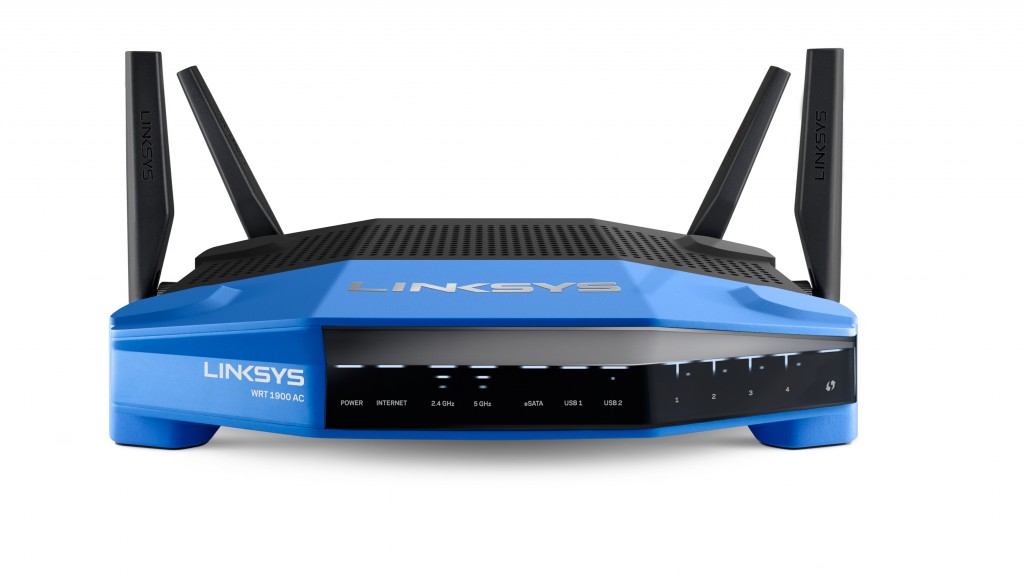Mobile operators are increasingly relying on WiFi networks, both directly and indirectly, to support their businesses.
Out of the massive global WiFi coverage in 2020, at least 6 million public locations will support Hotspot 2.0 features.
Although a number of operators have already upgraded or committed to upgrade their networks to support Hotspot 2.0, the adoption remains slow.
Initially, Hotspot 2.0 offered seamless discovery and access, which can potentially enhance the user experience and attract more engagement.
 Operators, however, still lack the tools to generate revenue streams from this technology.
Operators, however, still lack the tools to generate revenue streams from this technology.
“Hotspot 2.0 will evolve to allow operators higher flexibility for supporting different policies, which in turn, will encourage implementation of innovative business models, and ultimately wider market adoption,” says Ahmed Ali, Research Analyst at ABI Research.
The rise of IMS-enabled WiFi calling has boosted the confidence in Wi-Fi voice capability and is suggesting even a larger role for WiFi technologies in 4G and 5G networks.
Many operators that have tapped the technology in countries such as the US, the UK, Australia, South Africa and Hong Kong, have launched the service with VoLTE side by side, aiming for a complete seamless voice experience and driving the usage to five-fold by next year.
Migrating to 802.11ac is another top priority for operators in order to release or avoid congestion problems within public spaces. Following the residential and enterprise pattern, metro dual-mode access point shipments rapidly grow to dominate the carriers’ equipment shipment.
“Overall, investment in carrier Wi-Fi solutions remains significant despite the emergence of seemingly competing technologies like LTE-U and LAA.
User demands as well as competition from non-telecom operators (e.g., cablecos) drive market activity and business case creation,”adds Ali.
- Also see WiFi calling a reality with Cell C
